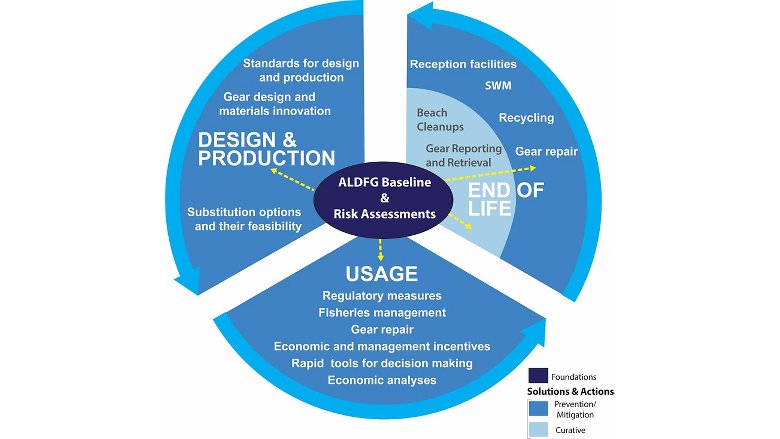The second PROBLUE Engagement Forum convened on Thursday, June 6th under the theme “Enhancing Biodiversity within the Blue Economy.” It occured on the margins of the High-Level Event on Ocean Action, on June 7 - 8, 2024 in San Jose, Costa Rica.
About the session: View the agenda here.
It is a global priority to develop and support transformative actions to halt and reverse biodiversity loss in our ocean for the benefit of people and nature. Knowledge gaps remain about the coastal and marine biodiversity, with many new species still left to be discovered. These gaps relate to the distribution and status of marine biodiversity, the functioning of coastal and marine ecosystems and the means by which they furnish goods and services, as well as the rate of biodiversity decline due to multiple stressors, e.g. overfishing, habitat-degradation, climate-change, etc. What makes certain species and ecosystems more resilient to cumulative pressures, and when and how tipping points occur, is also poorly understood, but vital for informing management. Addressing these knowledge gaps is critical to support the design and implementation of management, policy, and financial measures for reducing and halting biodiversity loss, and to achieve the WBG’s vision, and mission and the four goals and 23 targets of the post-2020 Global Biodiversity Framework (GBF).
Building on the World Bank’s blue economy approach, which refers to the sustainable and integrated development of economic sectors in a healthy ocean, the proposed PGEF expects to present and analyze different approaches beyond the 30x30 commitment, including the equitable and inclusive participation of indigenous peoples and local communities, women, youth, and other underrepresented people, as well as the recognition of other conservation-area based management (OECMs), to achieve the GBF goals.
A focus on Marine Protected Areas (MPAs) and OECM was given at this event due to its alignment to the “Blue Economy” approach. MPAs and OECMs can be governed, or co-governed, by a variety of rights holders and actors including Indigenous peoples and local communities, government agencies, as well as sectoral actors, private organizations, and individuals.
Watch the highlights of the forum here.



































